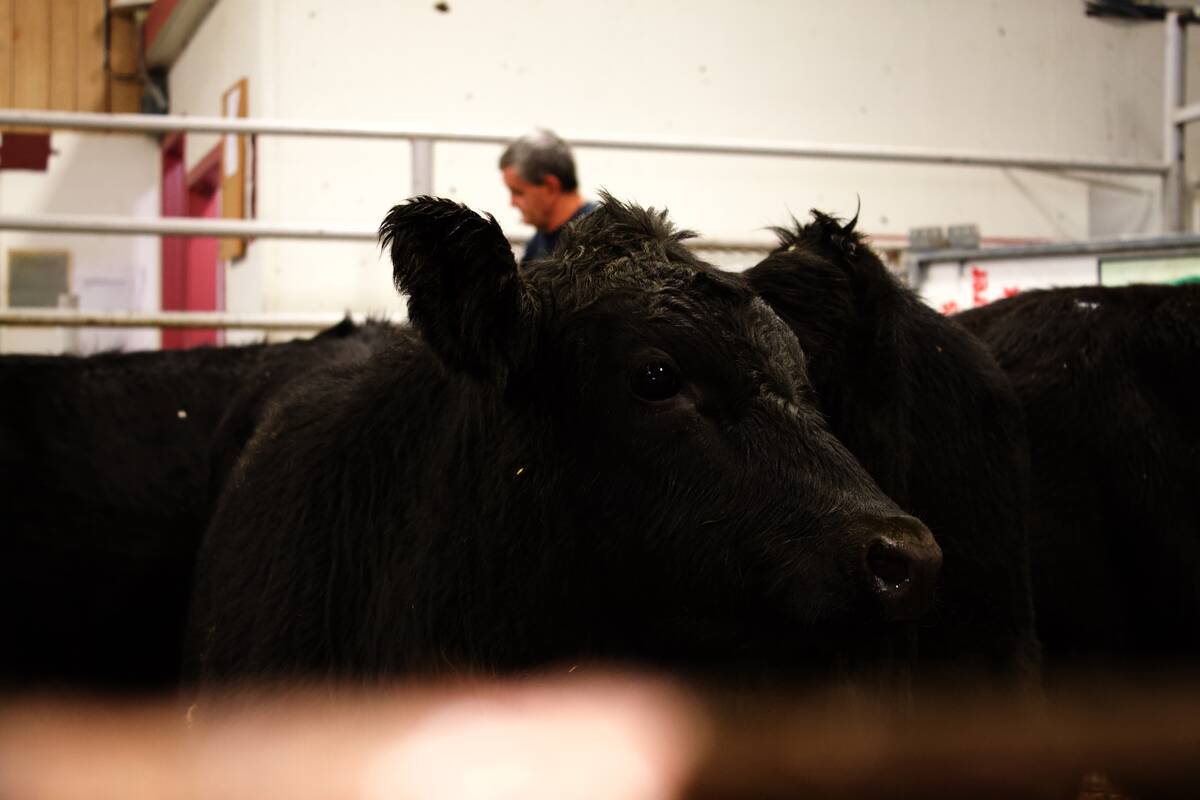MarketsFarm — While soybean futures at the Chicago Board of Trade have moved higher over the past week, corn was rangebound and wheat lacked any clear direction in choppy trade, making it hard to predict where values may go from here, according to Scott Capinegro of Barrington Commodities in Barrington, Ill.
Capinegro said the December corn contract has been unable recently to stay above US$5 per bushel.
“Basically it’s in no man’s land. I don’t know what’s going to drive it anymore,” he stated, noting a lack of fresh bullish news.
Read Also

U.S. livestock: Cattle rally, hogs rise
Chicago cattle rallied on Monday. Lean hogs also rose. Most-active April live cattle futures closed at 239.525 cents a pound,…
When it came to soybeans, Capinegro placed resistance for the November contract at around $13.20-$13.30/bu. (all figures US$).
“The [soy] complex is being led by meal, it has been for a good week and a half. If you want bullish beans, then you want meal to be the leader,” he explained.
As for wheat, Capinegro was flabbergasted by that complex’s erratic nature of late.
“One day up, one day down. It just drives you nuts,” he said.
One source of support for CBOT commodities has been low water levels on the Mississippi River.
“It’s hard to get any barges to move when you got that river that low,” he said, but noted levels improved somewhat. However, he said, dry conditions of the U.S. Midwest have meant insufficient water to bring the river much higher.
Also he pointed to the low water levels for vessels using the Panama Canal, which has slowed global traffic.
Capinegro said the trade has been keeping a keen eye on the weather in South America. He said northern Brazil has been wet while the south has been dry, with both causing problems for planting.
Markets have also been watching the lead-up to next week’s presidential election in Argentina.
“With their inflation and interest rates, their farmers are not selling. They want to see what happens in the election,” Capinegro said.
— Glen Hallick reports for MarketsFarm from Winnipeg.















